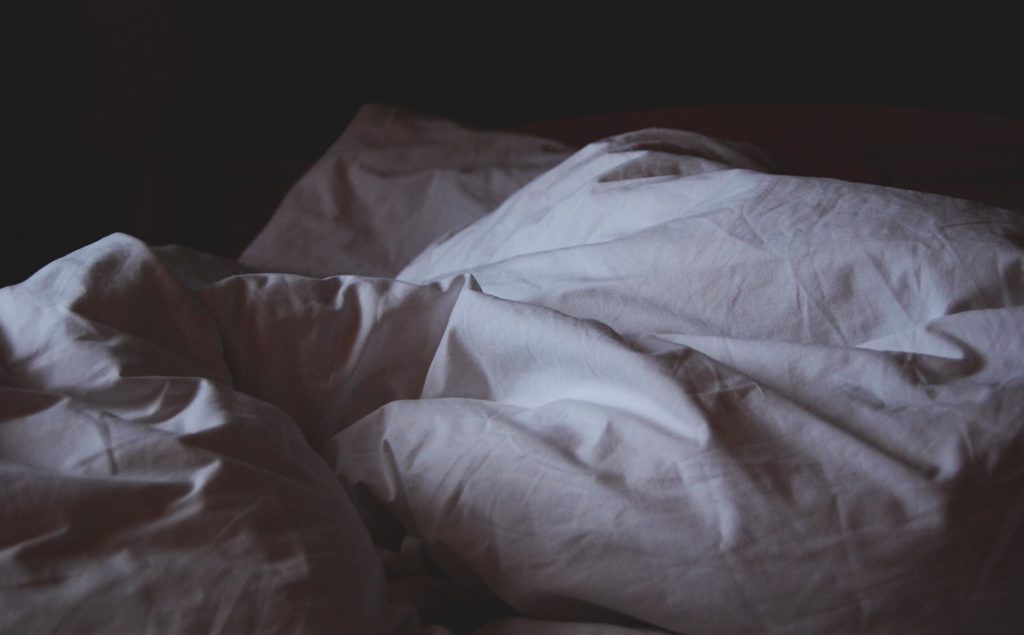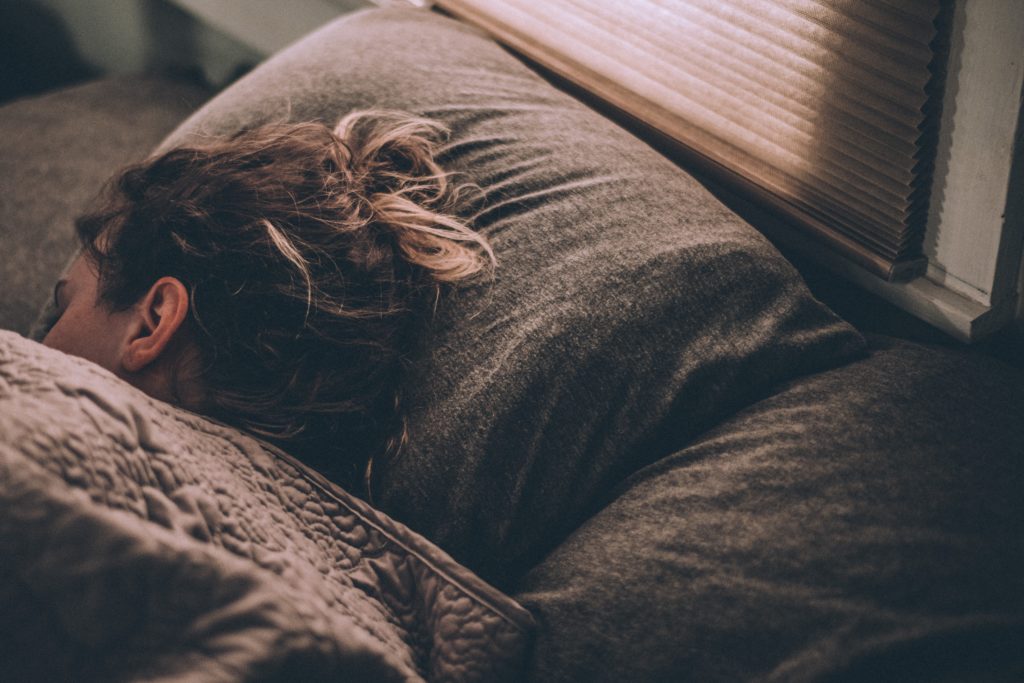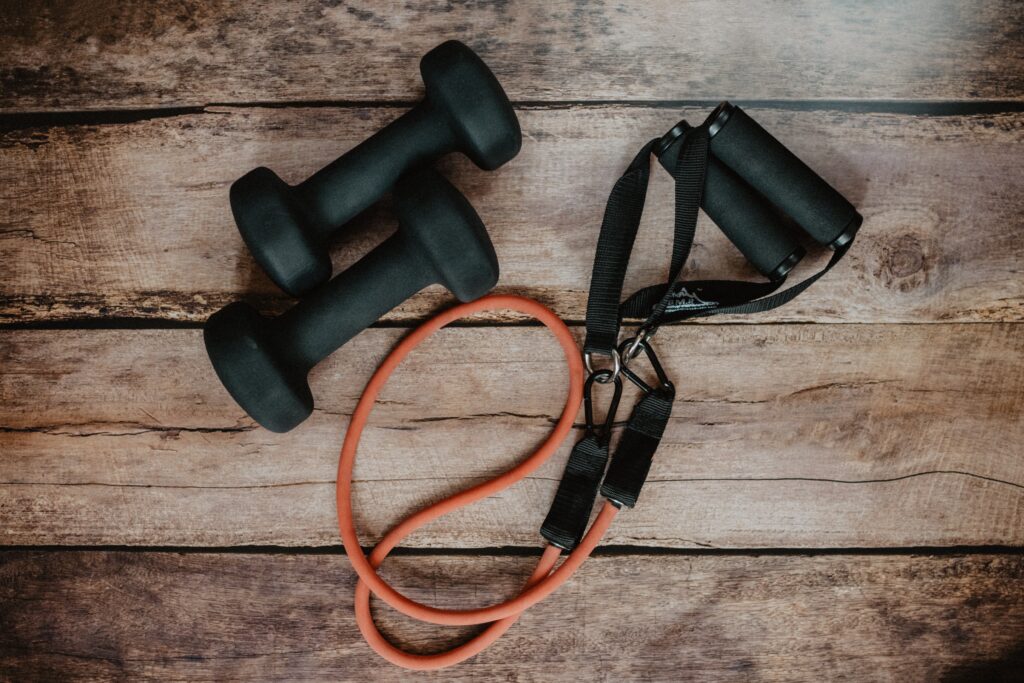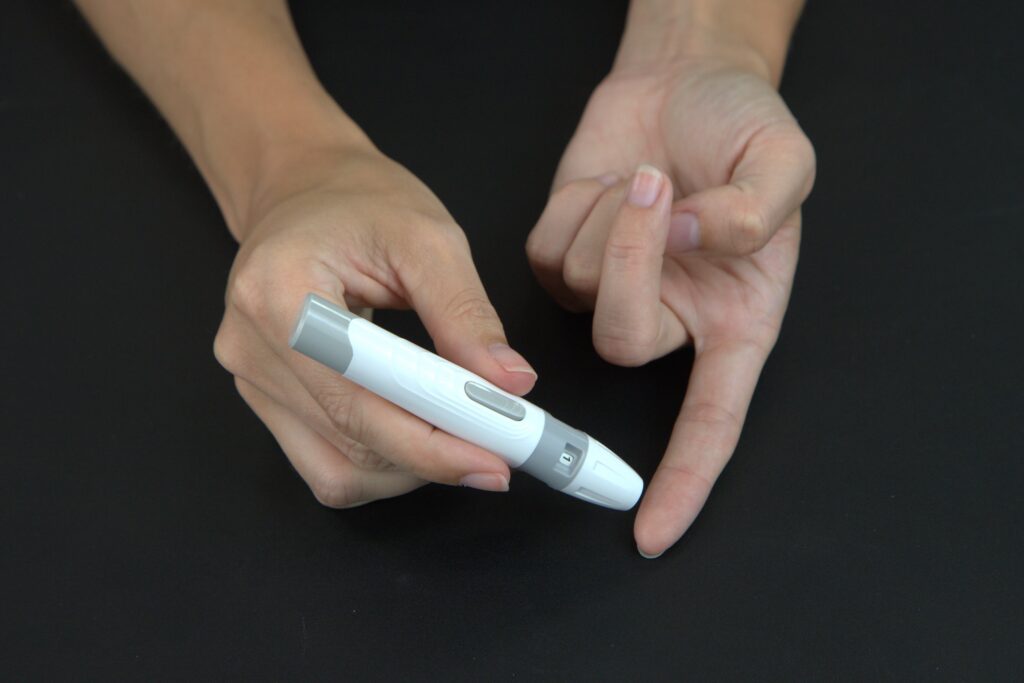Sleep is a vital component of our daily lives and plays a crucial role in maintaining good health and overall well-being. The term sleep hygiene refers to the habits and practices that promote healthy sleep patterns and help individuals get the most out of their sleep. In this comprehensive article, we will delve into the topic of sleep hygiene, exploring what it is, why it’s important, and offering 7 effective sleep hygiene habits.
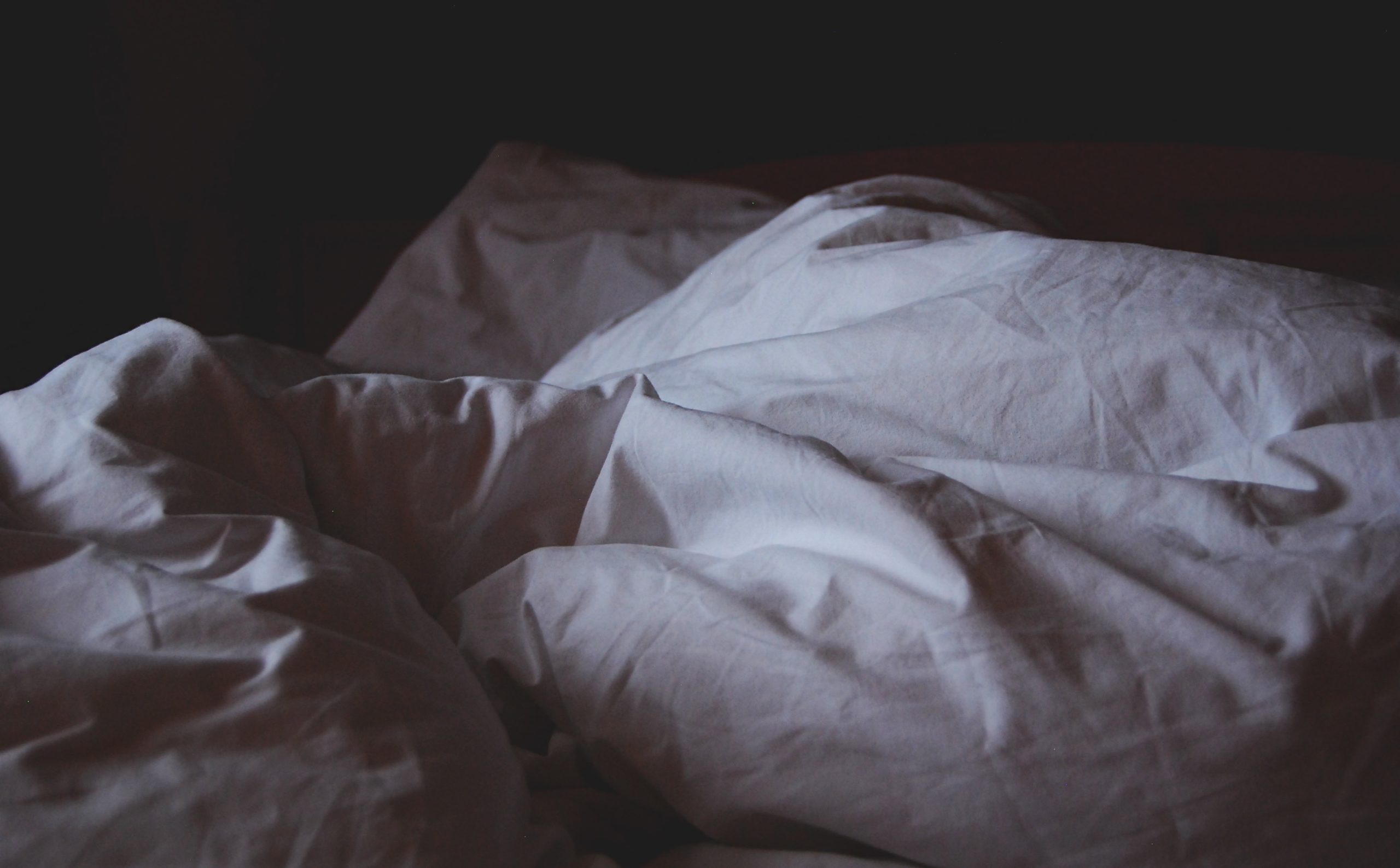
Sleep hygiene encompasses a range of habits and practices that contribute to good sleep, including the sleep environment, bedtime routine, and lifestyle habits. Maintaining good sleep hygiene is essential for individuals of all ages, as it helps individuals feel rested and refreshed, ready to tackle the day ahead.
The importance of good sleep hygiene cannot be overstated. Firstly, it allows individuals to get the most out of their sleep, leaving them feeling well-rested and revitalized. Secondly, it reduces the risk of sleep-related problems, such as insomnia, sleep apnea, and restless legs syndrome. Finally, it can also improve an individual’s overall health and well-being, as poor sleep can have a significant impact on both physical and mental health.
So, how can one improve their sleep hygiene? Here are some simple, yet effective tips to get started:
- Create a sleep-friendly environment: A sleep-friendly environment is a critical component of good sleep hygiene. This includes a comfortable mattress and pillows, a cool and dark room, and a quiet and peaceful atmosphere. White noise machines or earplugs can also be used to block out any distracting sounds.
- Establish a bedtime routine: Having a bedtime routine can help individuals relax and unwind before bed, making it easier to fall asleep and stay asleep. This routine may include activities such as reading a book, taking a warm bath, or practicing relaxation techniques.
- Limit caffeine and alcohol consumption: Caffeine and alcohol can interfere with sleep patterns, making it more challenging to fall asleep and stay asleep. It is best to avoid these substances, particularly in the hours leading up to bedtime.
- Avoid screen time before bed: The blue light emitted from electronic devices such as smartphones, laptops, and televisions can disrupt sleep patterns, making it more difficult to fall asleep. It is best to avoid screens for at least an hour before bedtime.
- Exercise regularly: Regular exercise can improve sleep, as it can reduce stress and anxiety and improve overall health. However, it is best to avoid vigorous exercise before bed, as it may make it harder to fall asleep.
- Stick to a consistent sleep schedule: Keeping a consistent sleep schedule helps regulate the body’s internal clock, making it easier to fall asleep and stay asleep. This includes going to bed and waking up at the same time every day, even on weekends.
- Avoid napping during the day: Napping during the day can interfere with sleep patterns, making it harder to fall asleep at night. If a nap is necessary, limit it to 20-30 minutes in the early afternoon.
In conclusion, sleep hygiene is a crucial aspect of maintaining good health and well-being. By following these tips and establishing good sleep habits, individuals can improve the quality of their sleep and enjoy all the benefits that come with it. If an individual is experiencing sleep-related problems, it is essential to speak with their doctor, as there may be an underlying issue that needs to be addressed. By taking care of their sleep hygiene, individuals can improve the quality of their sleep and lead healthier, more productive life.
To get started using remote patient monitoring for your sleep patients, please contact a member of the Vive RPM team at https://www.viverpm.com/contact-us/.
Read our last blog post here about remote monitoring and sleep testing.
